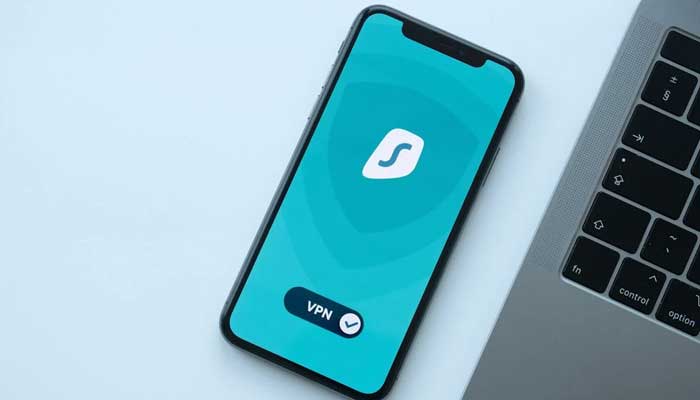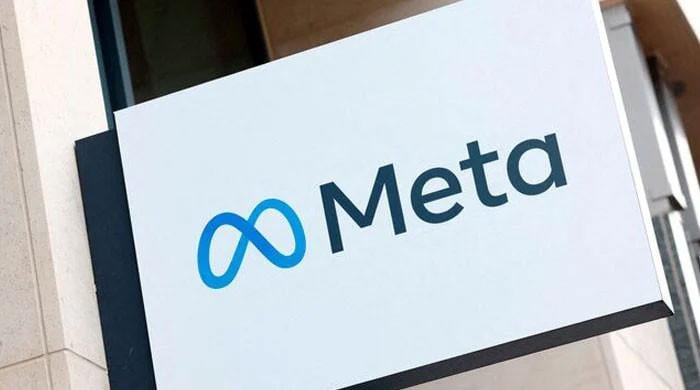VPN — what is it, how and why it is used?
PTA has issued November 30 deadline for registration of VPNs in Pakistan
November 20, 2024

Ever since millions of internet users across Pakistan started facing slow internet speeds with sporadic access issues, Virtual Private Networks (VPNs) emerged as a key hack for not only the average joe but also freelancers and other individuals who rely heavily on unhindered internet services.
However, the incumbent government then decided to only allow registered VPNs to operate in the country with the Pakistan Telecommunication Authority's (PTA) registration deadline expiring on November 30.
The scepticism surrounding the usage of VPNs further exacerbated when the Council of Islamic Ideology (CII) declared its use "un-Islamic" — an opinion which the body later clarified and maintained that it all depended on the purpose for which VPNs were being used.
With all the chatter around VPNs, it is important to de-clutter the issue and understand what are they in the first place, how they are used and what benefits they entail.
What are VPNs, how do they work?
According to Kaspersky, VPNs are simply tools which allow users to disguise their identity and surf public domains via a protected network connection.
A VPN essentially hides the user's IP address and makes it difficult for the internet service provider and third parties to track the user's activities as well as location.
Since the encryption takes place in real-time, it makes the data more secure and difficult to steal.
Furthermore, even if someone does manage to gain access to the data, it won't be of much value since it is turned into "gibberish" by the VPN filter.
Advantages of VPN use
Since a VPN disguises the user's identity as well as online traffic data it entails certain benefits which are:
Secure internet use: VPNs servers act as proxies and prevent the user's location from being ascertained as the demographic data comes from a server from another country than that of the user.
Bypassing regional restrictions: Another benefit of using VPNs is that they allow the user to bypass regional restrictions on content.
Countries often restrict certain content in their jurisdiction, however, VPN location spoofing allows a user to switch to a server based in another country and "change" his location virtually and access the restricted content.
Data transfer: With data theft being a key concern in modern times, VPNs also provide a key advantage by providing secure data transfer due to the use of encryption and private servers.
Types of VPNs
Although there are various types of VPNs, it is important to get oneself familiarise with the three primary ones.
SSL
Companies use SSL VPN when an employee lacks access to the organisation's laptop, personal computer (PC) etc.
Implemented via a corresponding hardware box, it requires an HTML-5-capable browser allowing an individual to call up the company's login page.
Site-to-site
Site-to-site (SSL) VPN hides private intranets — a private network contained within an enterprise — allowing users to access resources via these secure networks.
This type of VPN is useful if an individual — having two separate intranets — wants to send files while preventing users of one intranet from accessing the other.
They are complex and primarily used by large companies.
Client-to-server
The use of this type of VPN is similar to a person connecting his home PC to the company with an "extension cable" as it allows the employees to connect to the company network.
Client-to-server VPNs provision the user not connecting to the internet via his own internet service provider but via the VPN provider.
It incorporates improved efficiency and universal access to the company's resources.









